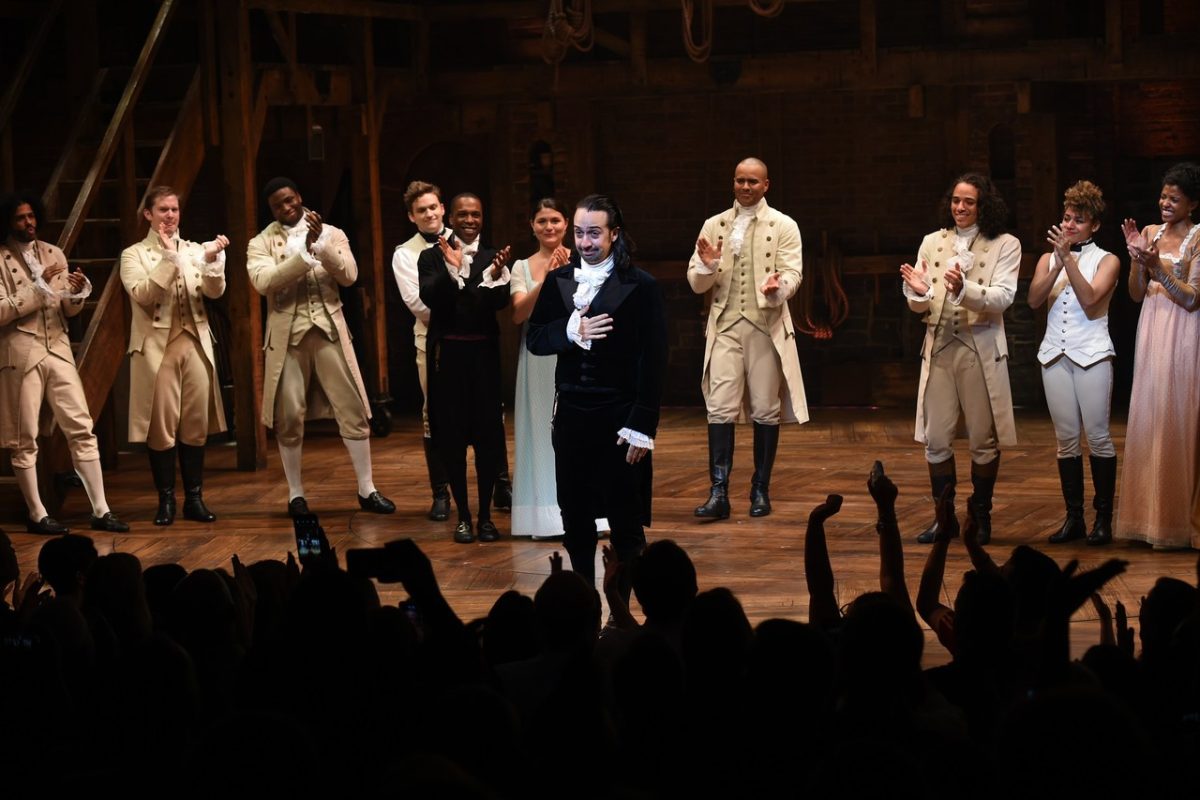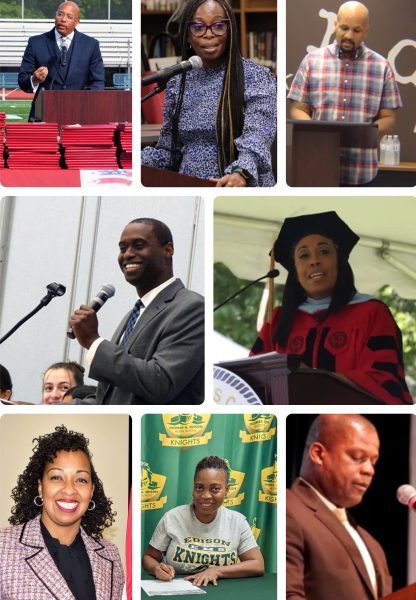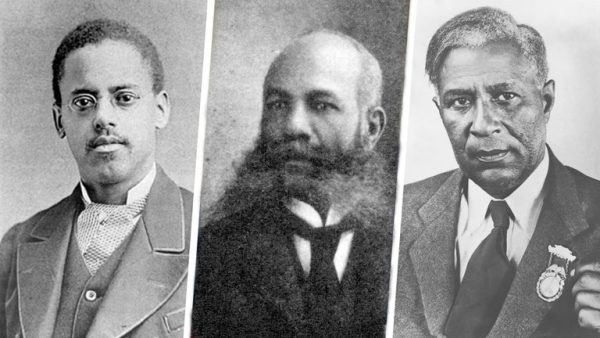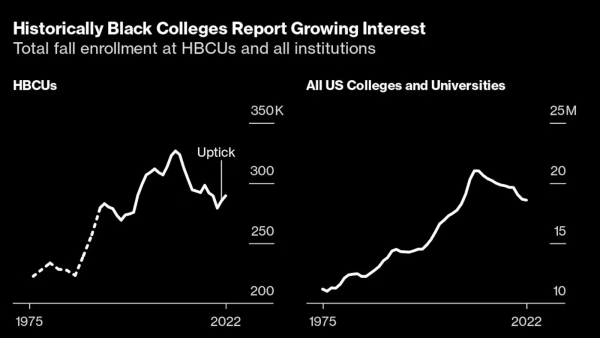The History and Continuation of Black Nationalism
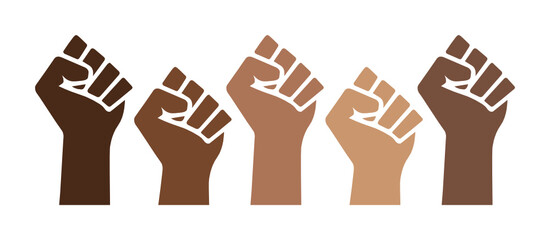
American history has been plagued with the discrimination of Black Americans. During the 19th and 20th centuries, different ideas on how to gain equal rights sprouted. One of those ideas was Black Nationalism.
Heavily influenced by the ideologies of the Nation of Islam (NOI). Black Nationalism is the belief that the Black community does not need to be dependent on white America in order to thrive in society. This includes… Black nationalism contends to the pride and love Black Americans should feel for their race and culture. Through NOI, Black Nationalism rose as a prominent force in the Black community to propel them to fight for equal rights.
The historical roots of Black Nationalism can be traced back to activists Martin Delaney and Marcus Garvey. Martin Delany was the first African American abolitionist to advocate the emigration of northern free African Americans to Africa in the 19th century.
Marcus Garvey followed the same idea, trying to convince Black Americans to emigrate back to Africa because they are not dependent on another race to determine their fate for them. While this proposition was not hugely followed, it did create the idea that the Black Community could rely on one another, not on white America, which clearly did not have Black Americans’ best interest in mind.
Black Nationalism was popularly spread as a political and social movement during the 1960s and 1970s. Key leaders of this movement were Malcolm X, Stokely Carmichael, Bobby Seale, and Huey Newton, creators of the Black Panther Party. They argued that pride leads to confidence in oneself and protest on the streets and self-defense.
The ideology Black Nationalism holds is still seen today as people actively bring attention to the continuation of racial injustice in America. In today’s world, Black Nationalism is seen in the form of peaceful protests, organizations that promote Black excellence, active networking on social media, and supporting Black-owned businesses.









































